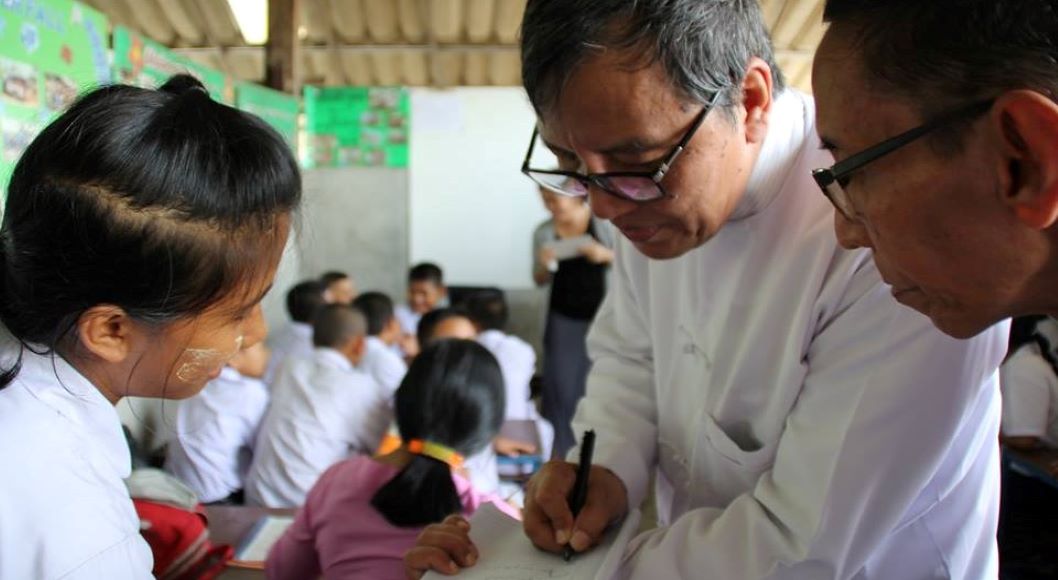The United Nations Population Fund (UNFPA) is working with the Ministry of Health and Sports (MOHS) to strengthen health systems to support high-quality, equitable sexual and reproductive health information and services in Myanmar. Ensuring an adequate supply of reproductive health commodities to the clients who need them is key to accomplishing this goal, and requires a well-designed, well-operated and well maintained supply chain management system. In 2013, UNFPA engaged John Snow, Inc. (JSI) to strengthen the supply chain for reproductive health (RH) commodities in Myanmar.
JSI's support to UNFPA and the Ministry of Health and Sports in Myanmar is being implemented in five phases. The first phase included a supply chain assessment, which was conducted in April/May 2013. The second phase involved designing a new logistics system for reproductive health commodities. A workshop was conducted in August 2013, which utilized a participatory approach to bring together various stakeholders to focus on standardizing and strengthening the logistics management information system (LMIS), an inventory control system (ICS), and making recommendations for storage, distribution, procurement, and quantification, as well as for the management and coordination structures. The third phase of this project was system implementation. Standard Operating Procedures (SOPs) and training materials were created to document the new procedures and teach users how to use the SOPs.
The fourth phase involved strengthening the twelve pilot townships through technical assistance and equipment and materials. Technical assistance focused on evaluation of the pilot to identify next steps for strengthening, refresher trainings for BHS, monitoring and supervision visits, and training township level staff on the automated system. The project continues to support pilot townships to provide them with computers and internet access to support automation activities and provide assistance with RH commodity transportation.
The fifth phase, which was the focus of the 2016 and 2017 work plan, was the scale-up of RHC LS. By the end of 2017, RHC LS had been implemented in 115 townships in 9 states and regions.


